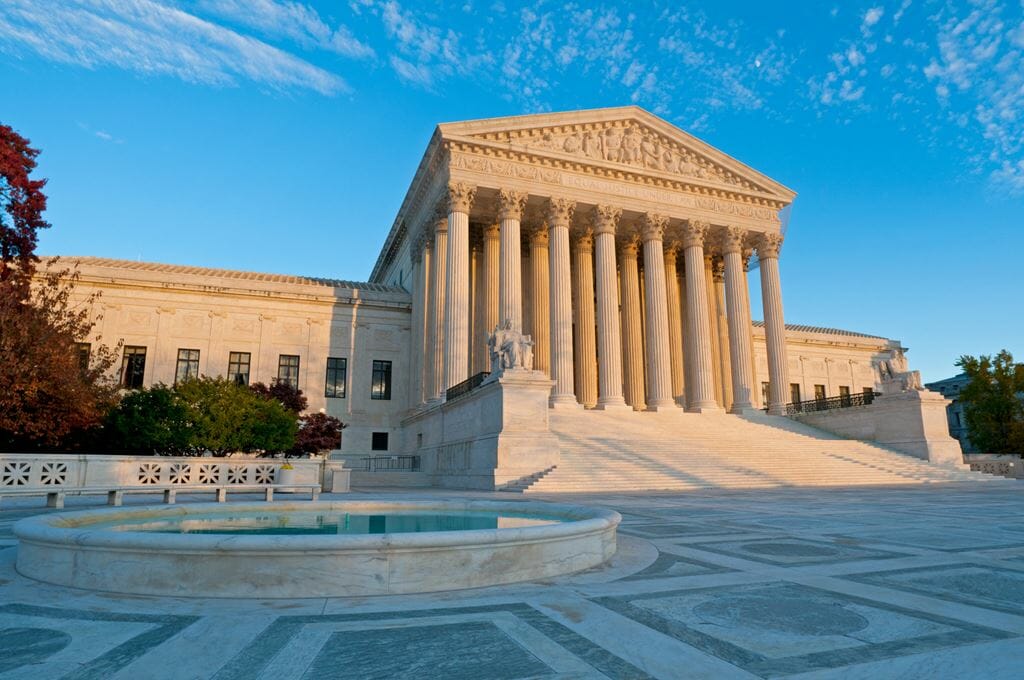
The Legality of Gambling at Online Casinos in The U.S.

For decades, U.S. casino gamblers have had very few options if they wanted to play online casino games of chance. In fact, the only option that was available prior to May 2018 was offshore online casino gambling. It wasn’t always a great option because regulations surrounding such activities were unclear. A lot has changed since in the last decade.
Is Offshore Casino Gambling Legal and Safe for Americans?
Other than possible issues related to using credit cards to fund offshore gambling activities, Americans are permitted, by law, to gamble through offshore casino gambling sites. Since many European online casinos offer access to thousands of online casino games, American online casino enthusiasts actually prefer offshore casino gambling.
To any American who might be interested in such activities, it’s important to focus on using offshore operators that are properly licensed by top regulatory bodies like the UK Gambling Commission and Malta Gaming Authority. All is safe with these offshore sites.
It’s also a good idea to search for reviews of such online casinos that may interest you. Legitimate casinos will also spend a lot of effort on optimizing the visitor experience on mobile devices. So if the navigation of their website or games seems off be sure to proceed with caution.
So, What Changed in May 2018?
In 2018, the U.S. Supreme Court finally lifted the country’s ban on sports gambling in 49 states. Sports gambling was already legal in Nevada. When the sports gambling domino fell.
While SCOTUS’s ruling was directed at lifting the nation’s ban on sports gambling, the effects reached much further. It effectively opened the door to online/mobile sports betting. By extension, that opened the door to the possibility of other forms of online gambling, including online casino gambling.
What the SCOTUS really did was make sports and online gambling a state issue. It gave each state, as per the constitution, the right to determine for themselves whether they wanted their state residents to have access to such forms of gambling.
The U.S. Supreme Court

The front of the US Supreme Court in Washington, DC, at dusk.
To date, approximately 35 states have legalized sports betting with several more states close to following suit. Of those 35 states, 31 of them have legalized online/mobile sports betting. Of those 31 states, six (6) of them have also legalized online casino gambling.
Here is a list of states that do allow licensed online casino operators to provide services to residents: Connecticut, Delaware, Michigan, New Jersey, Pennsylvania, and West Virginia. It’s worth noting that Indiana and several other states are currently looking at online casino legislation.
Why More States Have Not Legalized Online Casino Gambling
A reasonable person would be quick to question the disparity between the number of states that allow online sports gambling versus the states that allow online casinos. The answer lies in the control Indian Tribes have over the gambling communities in their respective states.
Over many decades, states have signed compacts with Indian Tribes that have effectively given said Tribes a lot of control over various forms of gambling. That is especially true as it pertains to casino gambling. This was done largely as a concession to certain Tribes that felt deserving of reparations due to the great loss of Indian land to the settlers in the late 1800s. It’s the non-taxable casino gambling revenue that serves as the reparations.
As one might imagine, their “reparations” are not something Tribal members are willing to give away. They feel that the legalization of online casino gambling in a particular state would savage the revenue being generated by Indian-owned retail casinos.
Nowhere is the stronghold Indian Tribes have over casino gambling more evident than in states like California, Florida, and Minnesota. In each of these states, the Tribal Nations simply refuse to share their rights to casino gambling revenue. Because of the wording in some compacts, even getting sports gambling legislation passed has become near impossible.
No one can blame the Tribes for the positions they have taken. The problem is it’s state residents who have to pay the price by not having legal access to online casino gambling and in many cases, sports gambling as well. Of course, offshore online gambling is still an option.
Is Online Casino Gambling Legal for Residents in States Where Such Activities are Not Yet Legal?
The question is yes. However, it requires that residents in a state where online casino gambling is not legal will have to travel to states where such activities are legal.
All six states that have passed online casino gambling legislation will allow visitors to use online casino gambling sites. However, they may only gamble online while physically located in the state that will allow them to do so.
Example: A resident of Indiana can use online casino sites that are licensed in Michigan. However, they have to be in Michigan when they register and any time they log in to gamble. To enforce this law, Michigan online casino operators make use of geo-tracking software to track the location of logged-in gamblers.
However, as mentioned earlier, offshore casinos are not bound by state laws and would not face any legal repercussions. This has lead to fierce competition to attract U.S. players that might otherwise play on a state-regulated website. In fact, you’ll likely see them referred to as no deposit bonus casinos that offer free promotional codes to entice sign-ups.
In conclusion, it’s hard to predict where U.S. online casino gambling goes in the future. What is clear is U.S. residents want the right to play online casino games of chance from home. It’s up to each respective state to figure out how to make that happen. Surely, compromises between state legislatures and Tribe leadership will become a must.


























